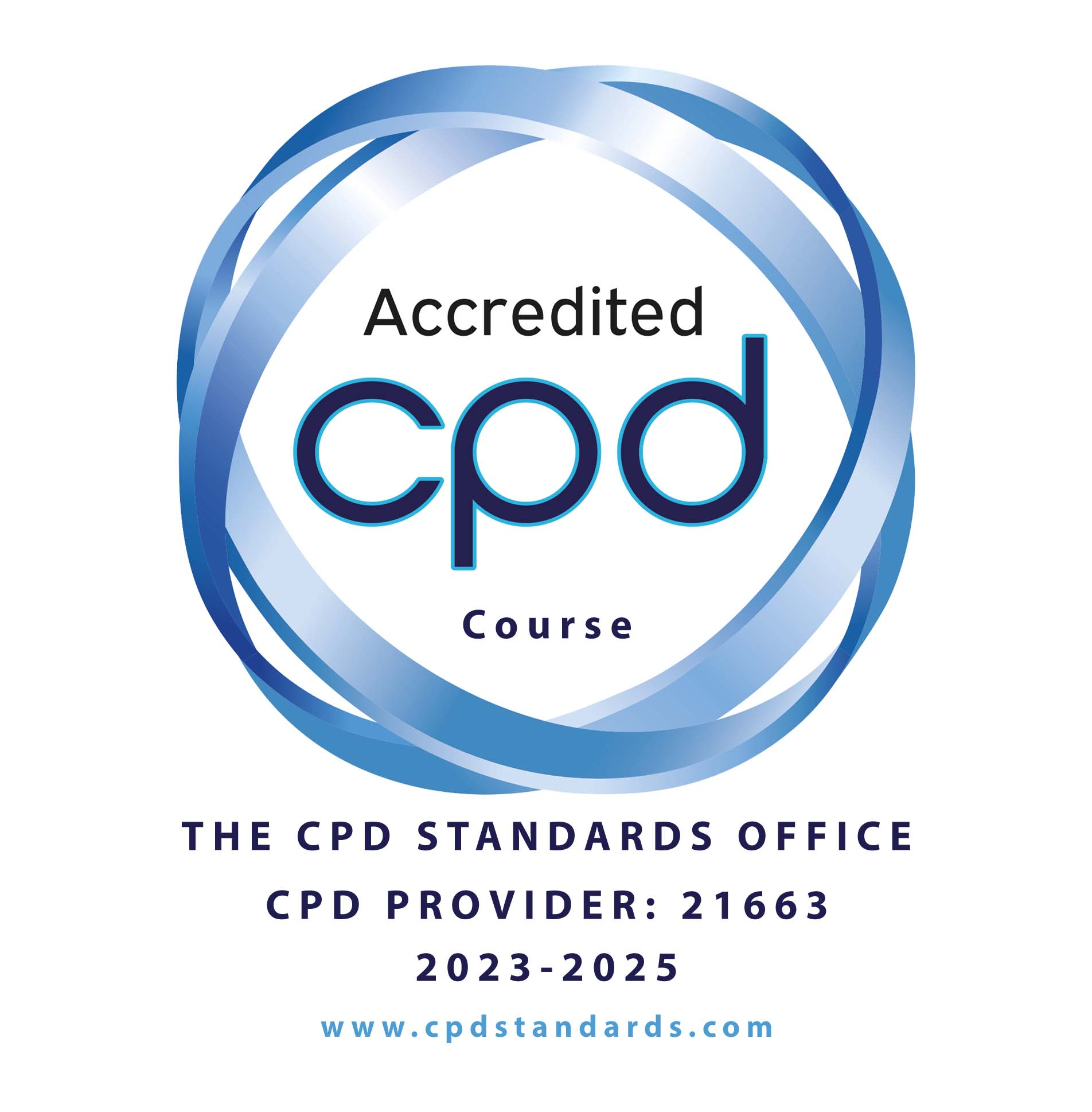
P64 Paediatric Telephone Triage: Principles, Practice, and Scenarios- CPD SO Accredited

Course summary
This course teaches healthcare providers how to assess paediatric patients over the telephone. It focuses on safe telephone triage, determining the urgency and severity of a child’s health problem, and deciding when face-to-face care is appropriate. Participants will develop and hone their general telephone skills to focus on the specific aspects of paediatric telephone triage, using standardized protocols and managing common conditions. Legal and ethical issues will also be discussed.
Who should attend?
Advanced Nurse Practitioners
Nurse Practitioners
AHPs
Health Visitors
Paediatric Nurses
Paramedics
Pharmacists
Practice Nurses
School Nurse
Important notes
This course runs from 10:00am- 5:00pm and is delivered virtually on Zoom.
All course material, evaluations and certificates are included.
Completion of this course is not a guarantee of competency. Support and practice in the workplace with an experienced facilitator is required to attain competence level.
Cost
| Course duration | Course CPD | Full price (incl VAT) per person |
|---|---|---|
| 3 day(s) | 24 hour(s) | £495 |
Discounts
| Dates | Block size | Block discount |
|---|---|---|
| 10/09/2025 - 12/09/2025 | 4 | 10% |
| 01/12/2025 - 03/12/2025 | 4 | 10% |
| 10/02/2026 - 12/02/2026 | 4 | 10% |
| 10/06/2026 - 12/06/2026 | 4 | 10% |
Dates / venues
| Location - venue | Dates | No. of people |
|---|
Aims / objectives
By the end of this course, participants will:
- Review the purpose, benefits, and challenges of paediatric telephone triage.
- Apply a clinical process to telehealth encounters, with emphasis on assessment and decision-making.
- Use standardized protocols to determine the urgency of care needs.
- Manage common paediatric conditions such as fever, cough, rash, vomiting, diarrhoea, earache, sore throat, asthma, allergies, etc.
- Communicate effectively and empathetically with children and their parents or caregivers over the phone.
- Document encounters accurately and appropriately.
- Address legal and ethical issues such as consent, confidentiality, liability, scope of practice, etc.
Course programme
This course consists of 6 modules. The modules include lectures, case studies, simulations, quizzes, and discussions. The modules are:
- Module 1: Introduction to Paediatric Telephone Triage
- What is paediatric telephone triage and why is it important?
- What are the skills and competencies required?
- What are the benefits and challenges?
- How to manage risks safely?
- How to modify general telephone triage skills for paediatrics?
- Module 2: The Clinical Process and Triage Principles in Paediatric Telephone Triage
- How to structure a paediatric telephone triage?
- How to communicate with paediatric patients and their parents?
- How to use active listening and other communication techniques?
- How to interpret verbal and non-verbal cues?
- How to conduct a comprehensive assessment over the phone?
- Module 3: Paediatric Pathophysiology and its Impact on Telephone Triage
- Understanding how airway, breathing, and circulatory differences impact on paediatric telephone triage.
- Understanding how pregnancy, labour and birth events impact on paediatric telephone healthcare.
- Module 4: Assessment for Paediatric Conditions in Telephone Triage
- How to undertake a blind assessment in paediatric telephone healthcare.
- How to rapidly identify the deteriorating child in telephone healthcare.
- Module 5: Identifying Red Flags for Paediatric Conditions in Telephone Triage
- Ear/Nose/Throat:
Earache: discharge, bleeding, fever, hearing loss, etc.
Sore throat: drooling, difficulty swallowing or breathing, swollen glands or tonsils, etc. - Respiratory:
Cough, wheezing, stridor, cyanosis, chest pain, etc.
Asthma: severe or frequent attacks, poor response to medication, etc. - Skin:
Rash: petechiae, purpura, blisters, swelling, etc.
Insect bites or stings: allergic reaction, infection, cellulitis, etc. - Gastrointestinal:
Vomiting: blood, bile, projectile, persistent, etc.
Diarrhoea: blood, mucus, dehydration, etc.
Abdominal pain: rebound tenderness, guarding, distension, jaundice, etc.
Constipation: faecal impaction, bowel obstruction, abdominal pain, etc.
Urinary tract infection: fever- Other:
Fever: signs of dehydration, lethargy, seizures, rash, stiff neck, difficulty breathing, etc.
Allergies: anaphylaxis, angioedema,
Headache: head injury.
- Other:
- Ear/Nose/Throat:
- Module 6: Communication skills and legal/ethical issues in paediatric telephone triage.
- Providing clear, concise, accurate, and relevant information and advice to children and their parents or caregivers over the phone.
- Dealing with difficult or emotional situations or callers.
- Documenting and recording telephone triage encounters accurately and appropriately.
- Using a standardized format and terminology for documentation.
- Ensuring the quality and security of documentation.
- Legal and ethical issues such as consent, confidentiality, liability, scope of practice, professional standards, and duty of care.
- Protecting oneself from legal and ethical risks in paediatric telephone triage.
- Providing clear, concise, accurate, and relevant information and advice to children and their parents or caregivers over the phone.
Led by
TBC
